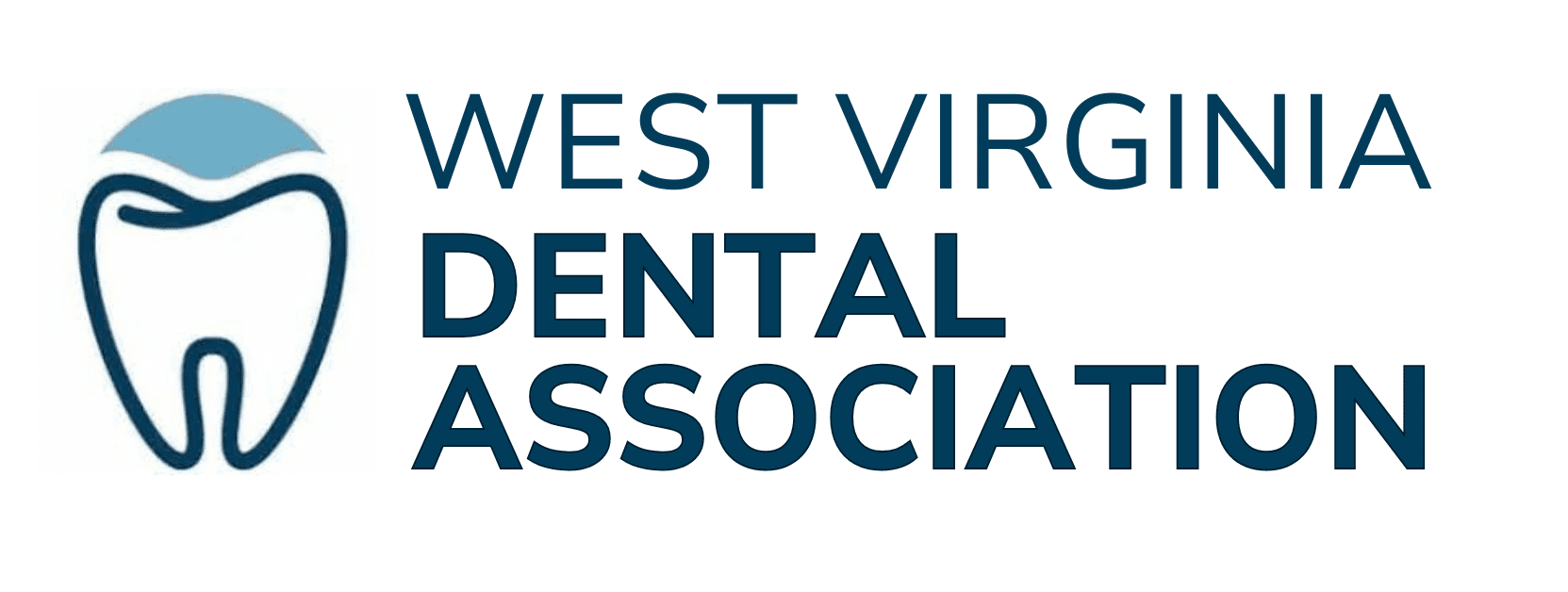Multisurface Restoration Downcoding has Increased
In response to increasing reports of downcoding by third-party payers, the ADA is ready to support states and dental providers in addressing the practice and preventing it from becoming a universal policy. Downcoding occurs when a payer uses a procedure code that is different from the one reported on the claim by the dentist so that the reimbursement amount is less than it would be for the submitted code. The ADA adopted a policy in 2016 strongly opposing forms of claims payment abuse by payers, including downcoding.
Recently, a dentist reported placing a resin-based restoration that extended from the proximal to the buccal/lingual surface of the tooth without interruption with procedure code D2392 resin-based composite — two surfaces, posterior, but was paid by a Delta Dental member company for a single-surface restoration.
In response, the ADA Council on Dental Benefit Programs reached out to the plan and was told paying multi-surface restorations as single-surface restorations was a Delta Dental Plans Association national policy set by the association’s policy committee. The Delta Dental Plans Association is a nonprofit national association made up of 39 member companies that provide dental insurance.
ADA leaders then followed up with a letter to the association, expressing their concerns with the policy and asking for the justification and reasoning behind it. The association responded with its own letter, indicating claims issues must be resolved with individual Delta Dental member companies.
The ADA is aware of other instances of downcoding, including payers downcoding three-surface restorations to two-surface restorations and posterior composite restorations to amalgam restorations. Some plans have also rejected code D1110 prophylaxis — adult in favor of D1120 prophylaxis — child for a 12-year-old patient with adult dentition because they defined a patient younger than 14 as a child, regardless of the dentition present.
The ADA Council on Dental Benefit Programs urges state dental associations and dentists to stay vigilant and raise concerns directly with their local Delta Dental member companies to help ensure fair claims processing and protect patient care decisions. It also recommends that providers continue to appeal payer decisions to downcode claims.
